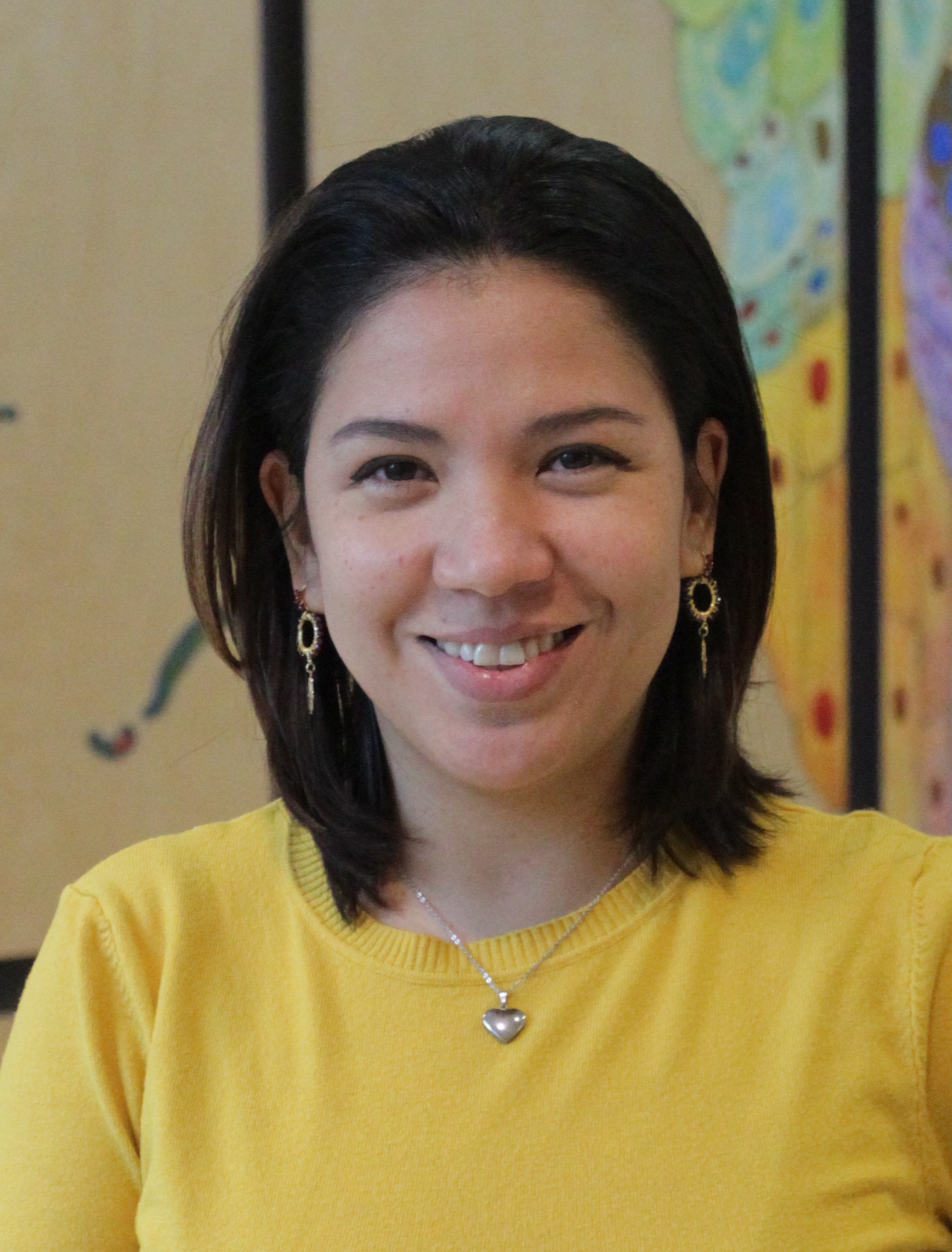Incorporating Climate Variability and Change into Marine Spatial Planning for Aquaculture in the Southern California Bight

PHD DISSERTATION DEFENSE
Advisor: Steve Gaines
Committee: Hunter Lenihan, Robert Miller
Join at this link using passcode marine
Abstract
Marine aquaculture has significant potential to produce sustainable seafood for the future. Spatial planning is crucial to identify ideal areas and to avoid conflict with other sectors. Climate change must be incorporated into the spatial planning process to ensure sustainability of this industry. This thesis focuses on understanding the impacts of climate variability and climate change on productivity and site selection for aquaculture in Southern California. First, the effects of internal variability of the region are analyzed using historic environmental data on mussels, striped bass and kelp aquaculture models. Empirical orthogonal functions and principal component analysis are used to identify spatial and temporal patterns of variability. Results show that decadal variability has a relevant influence over productivity and profitability of farms. Next, climate change projections up to year 2100 are incorporated in the analysis. Despite a decreasing trend in production, variability is more relevant in kelp and mussels given the dependence of nutrients of the environment. Fish benefit from warming temperatures, and the increasing thermal trend dominates over variability fluctuations. Spatial patterns of productivity remain similar despite adding climate change projections until optimal thresholds are reached. These results highlight the value of species and site selection in the planning process.
Bio
Jade graduated from the University of Sinaloa with a B.S. in Biology. She then worked in the Aquaculture Department of the National Commission of Fisheries and Aquaculture of Mexico (CONAPESCA). She was awarded with the Latin American Fisheries Fellowship to undertake master’s studies at the Bren School of Environmental Science & Management. For her masters, she analyzed policy options that benefit both conservation of the vaquita marina and the local fisheries in partnership with WWF Mexico. Jade interned at the Food and Agriculture Organization of the United Nations investigating sustainable management of bycatch in Latin American and Caribbean Trawl Fisheries. From all these experiences, Jade realized the relevance of marine aquaculture for alternative livelihoods and food security. She focused her PhD dissertation in understanding the effects of climate variability and climate change to assist marine spatial planning of aquaculture in Southern California, in collaboration with the Ocean Science and Engineering program at Georgia Tech.